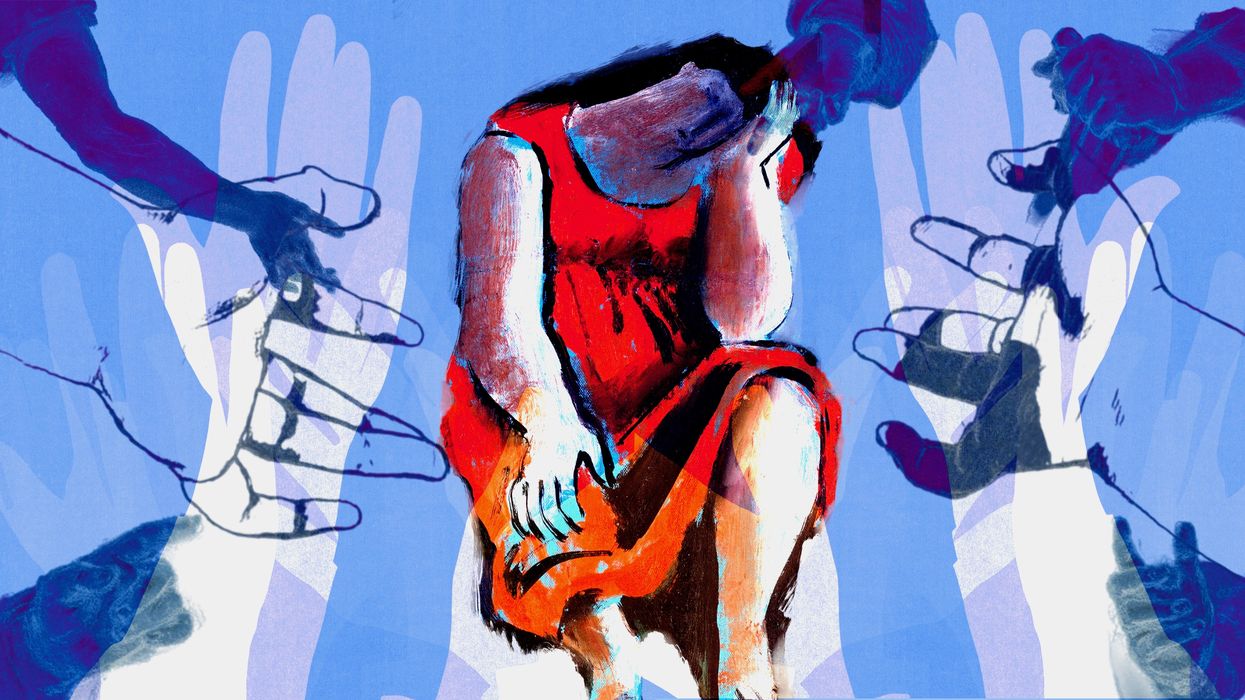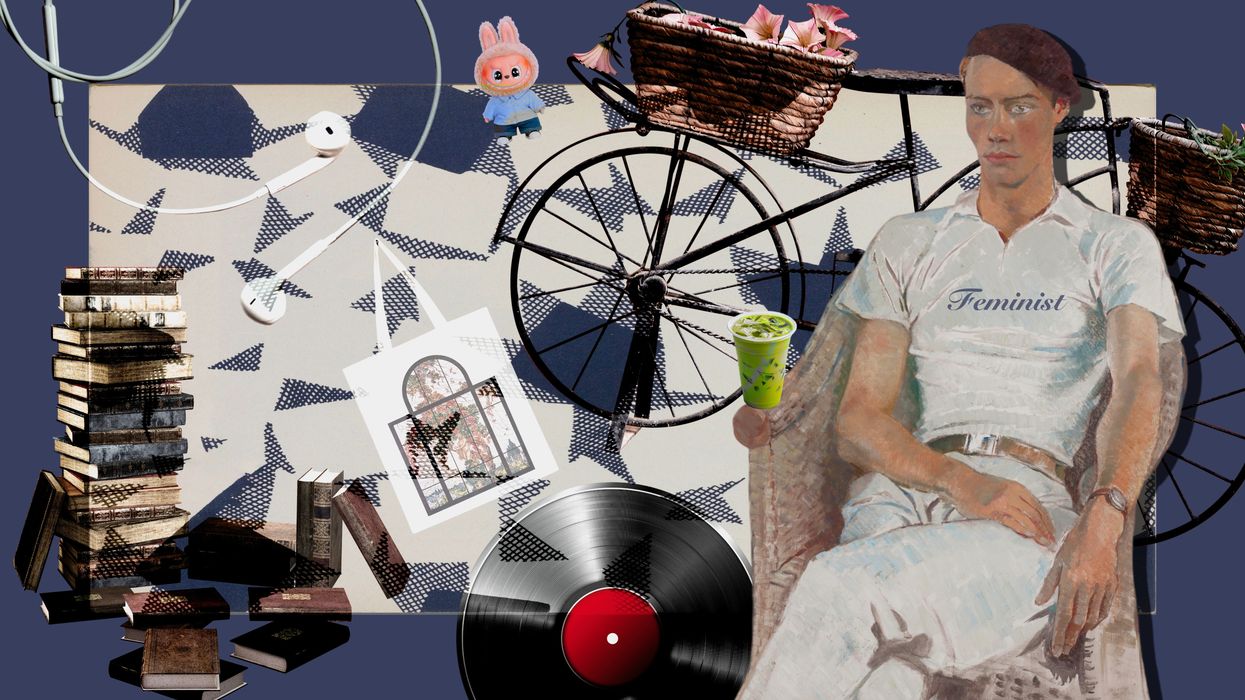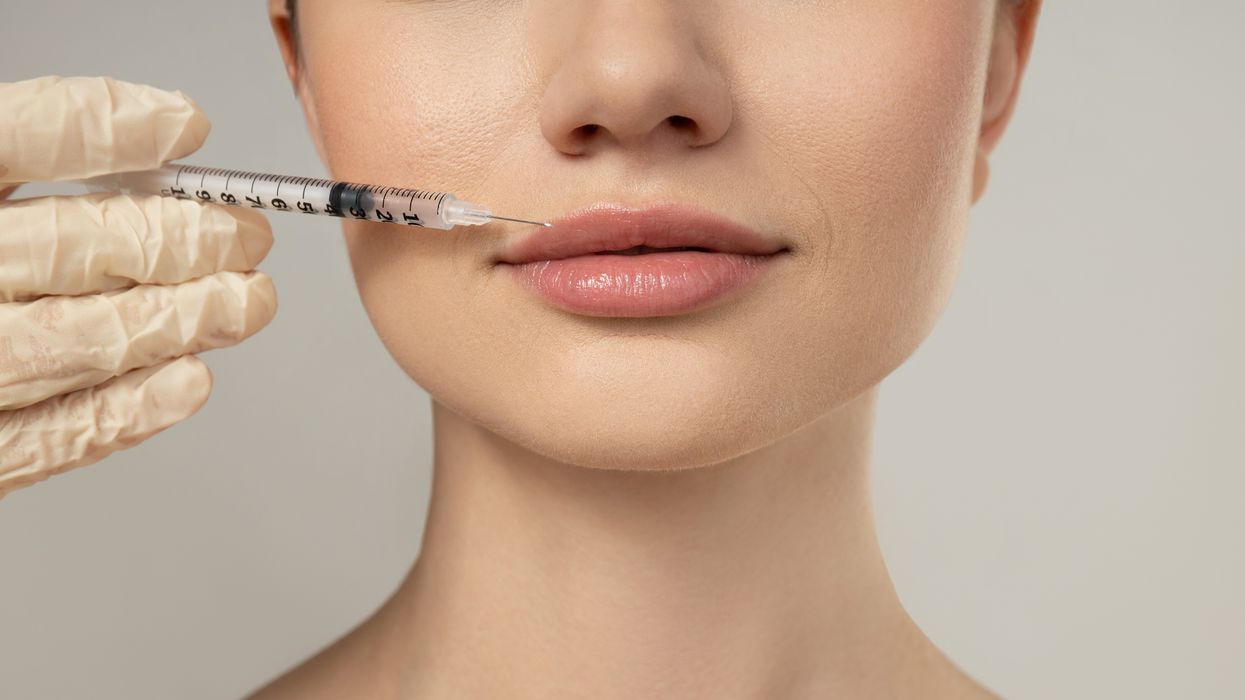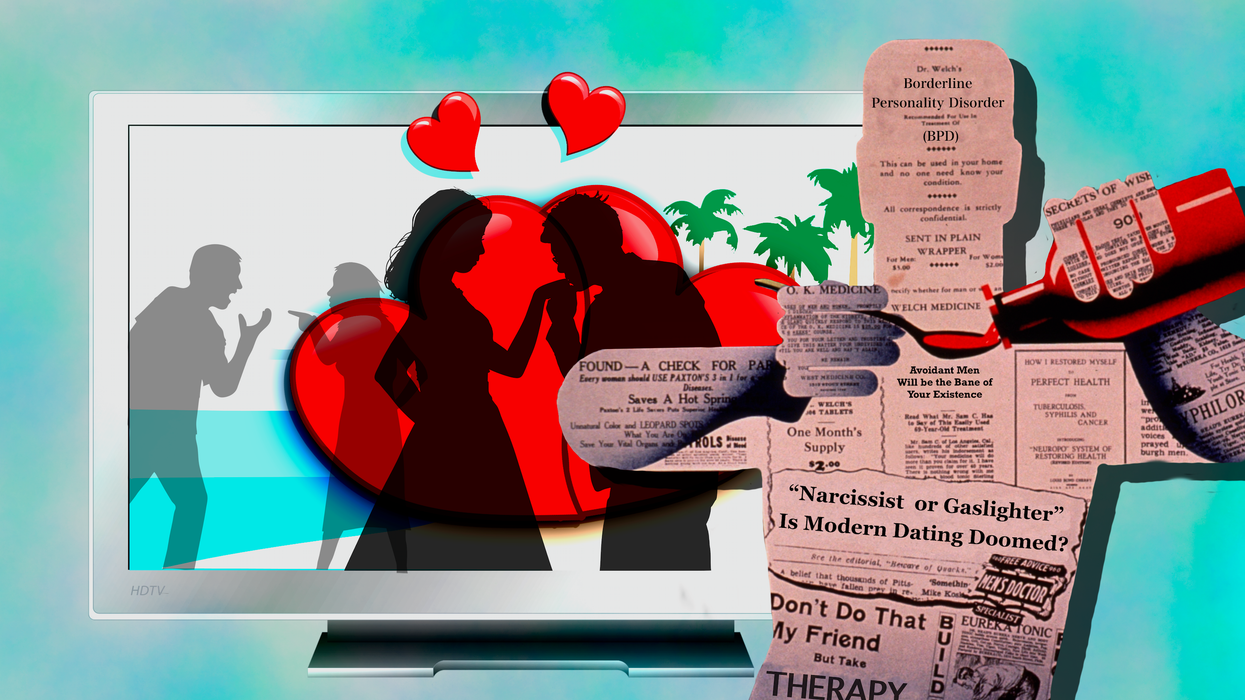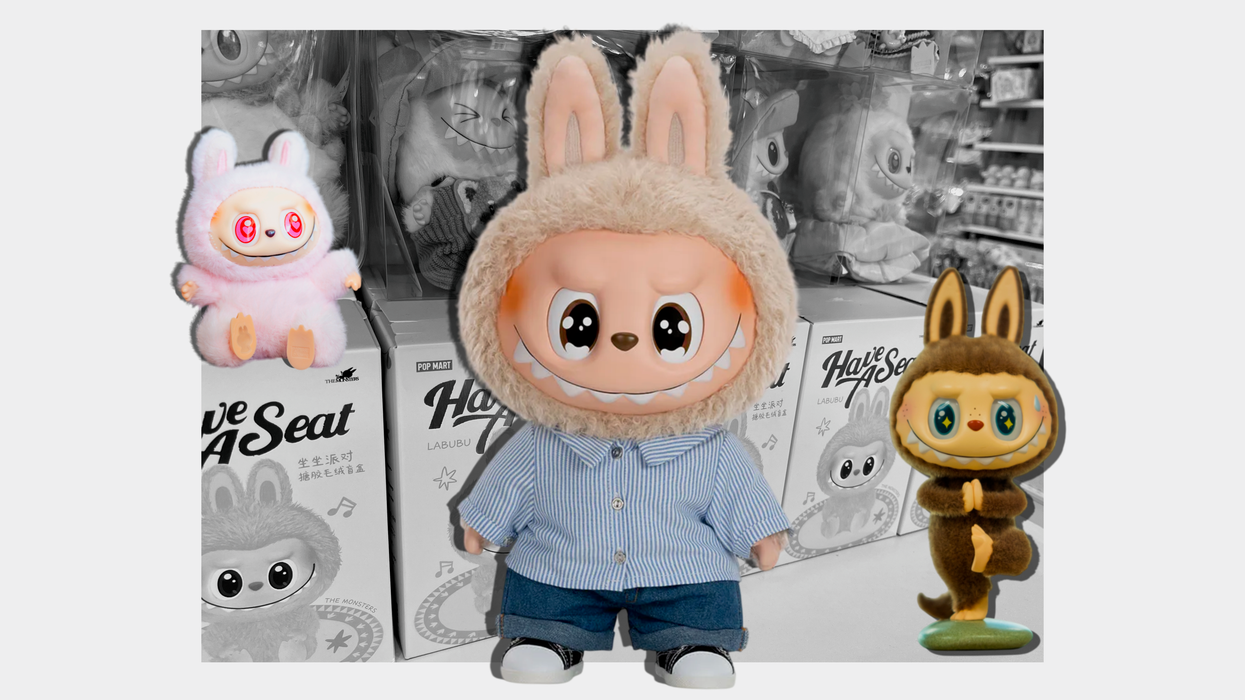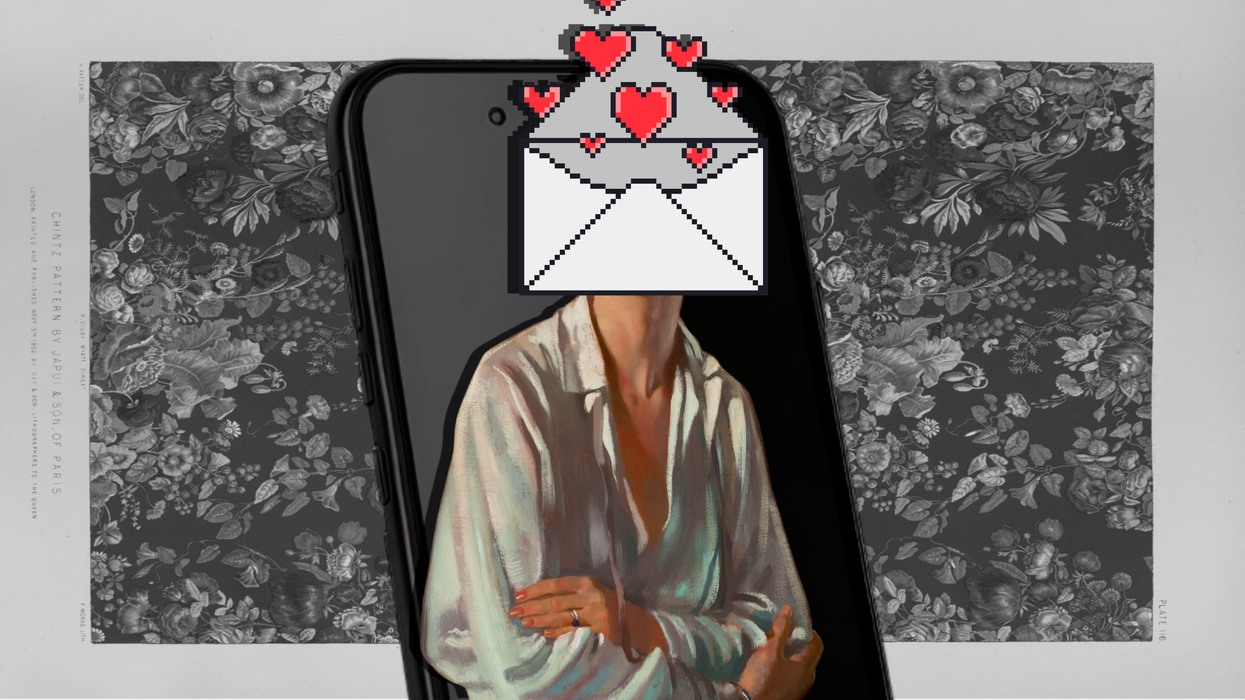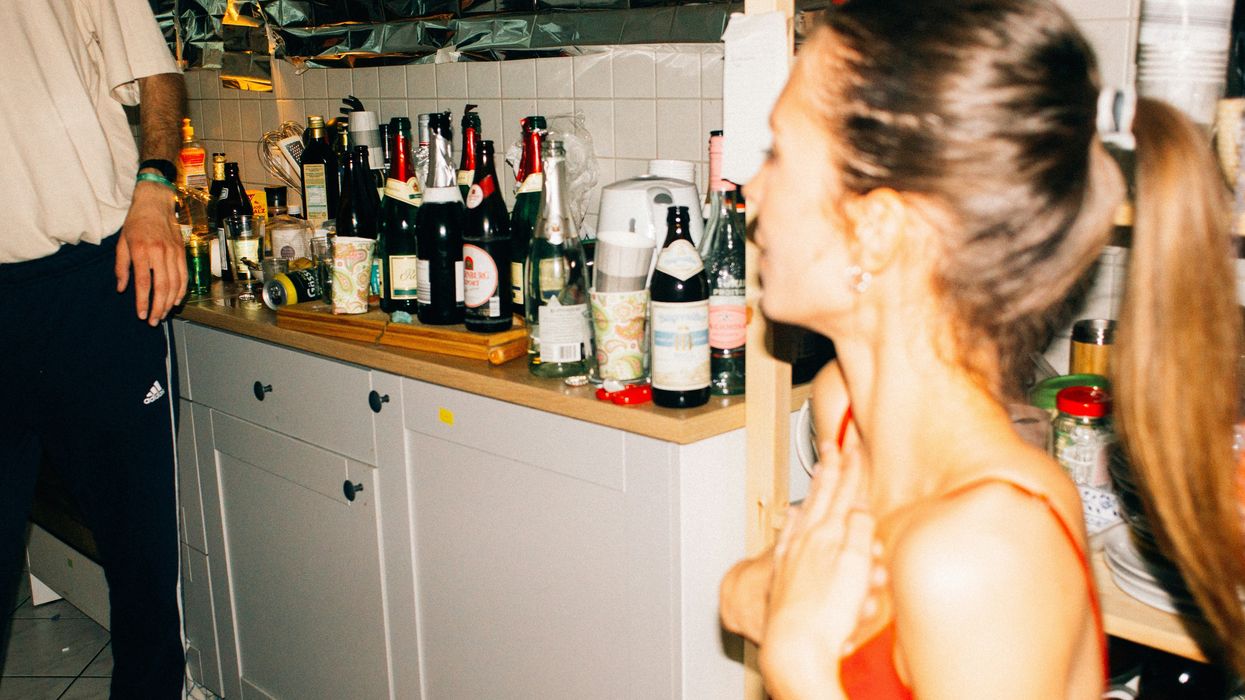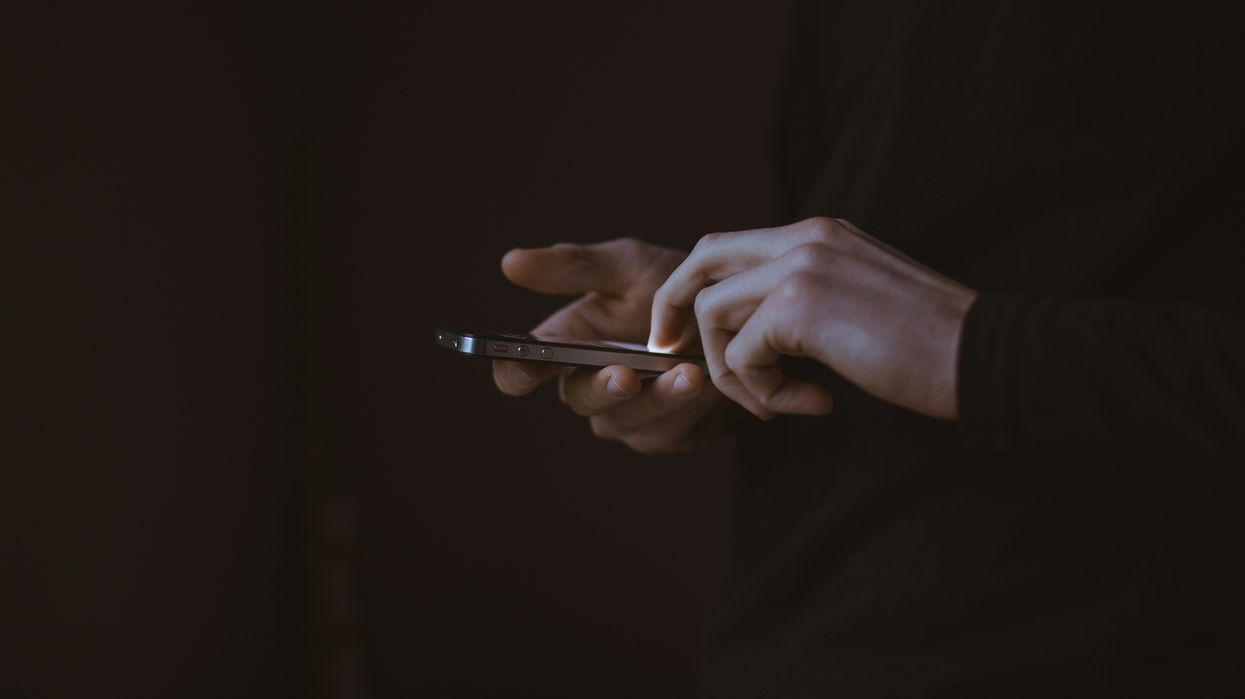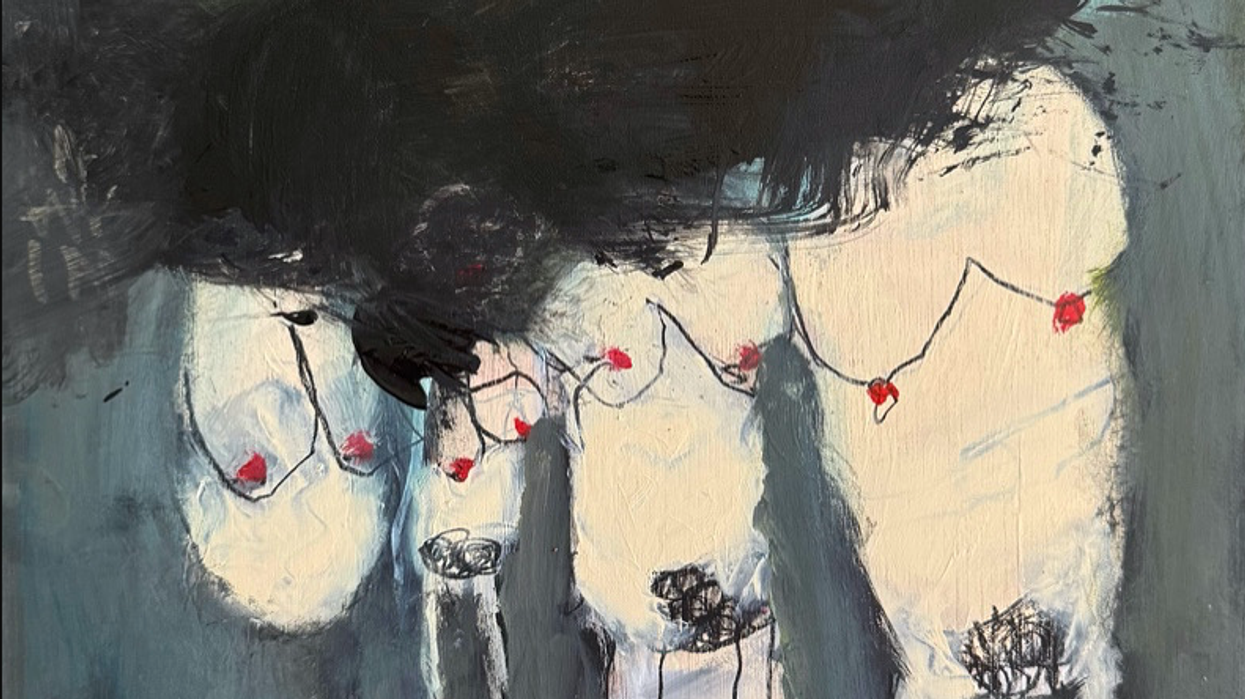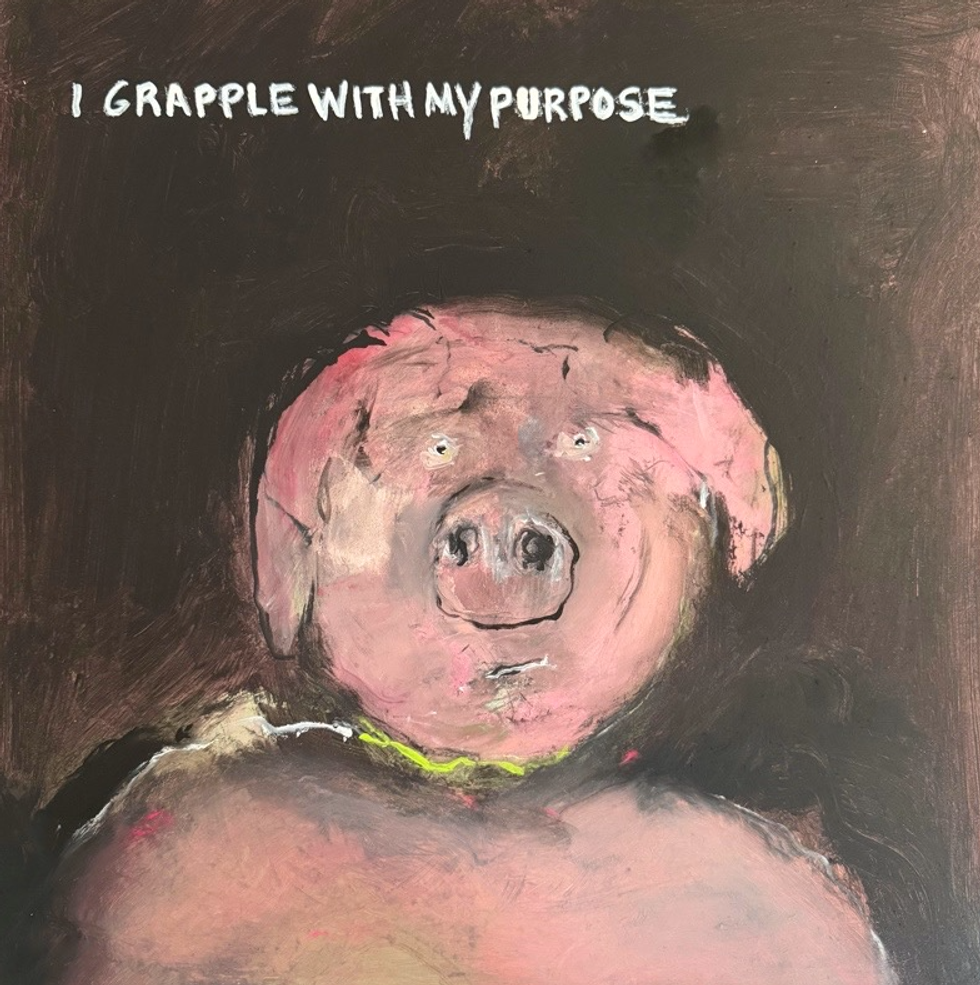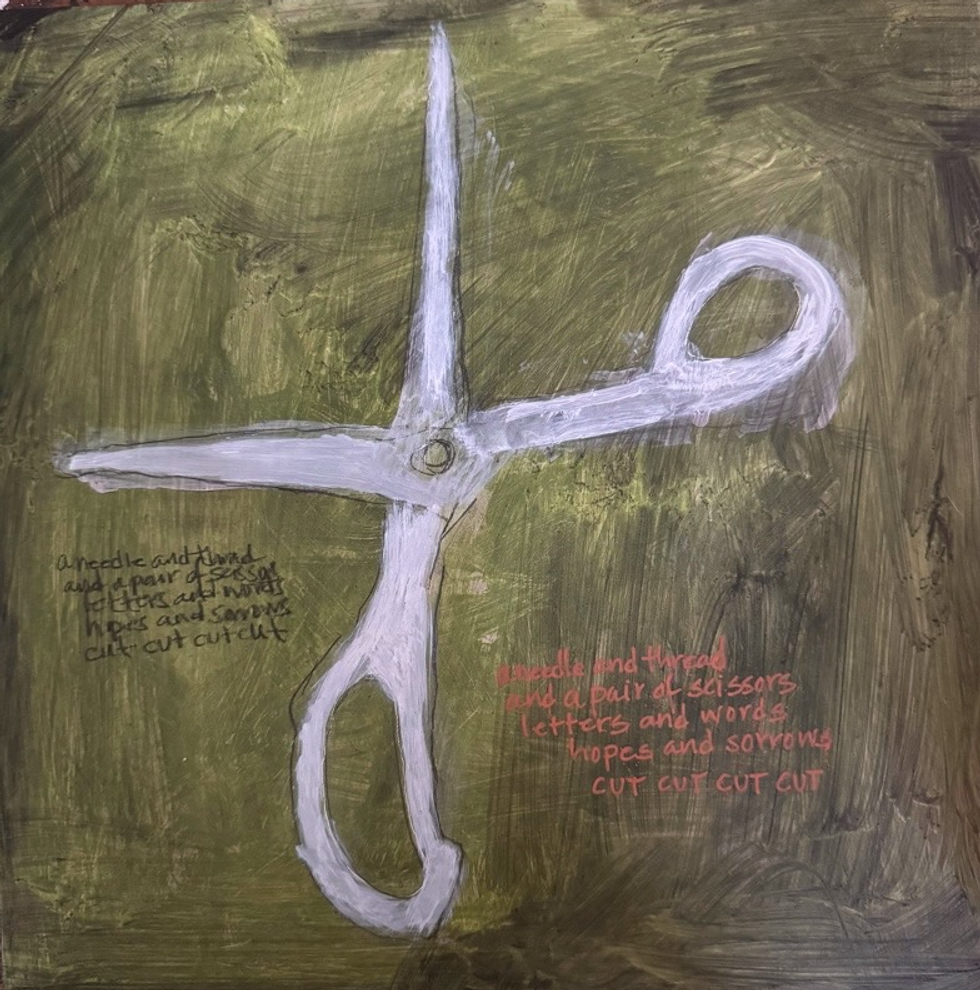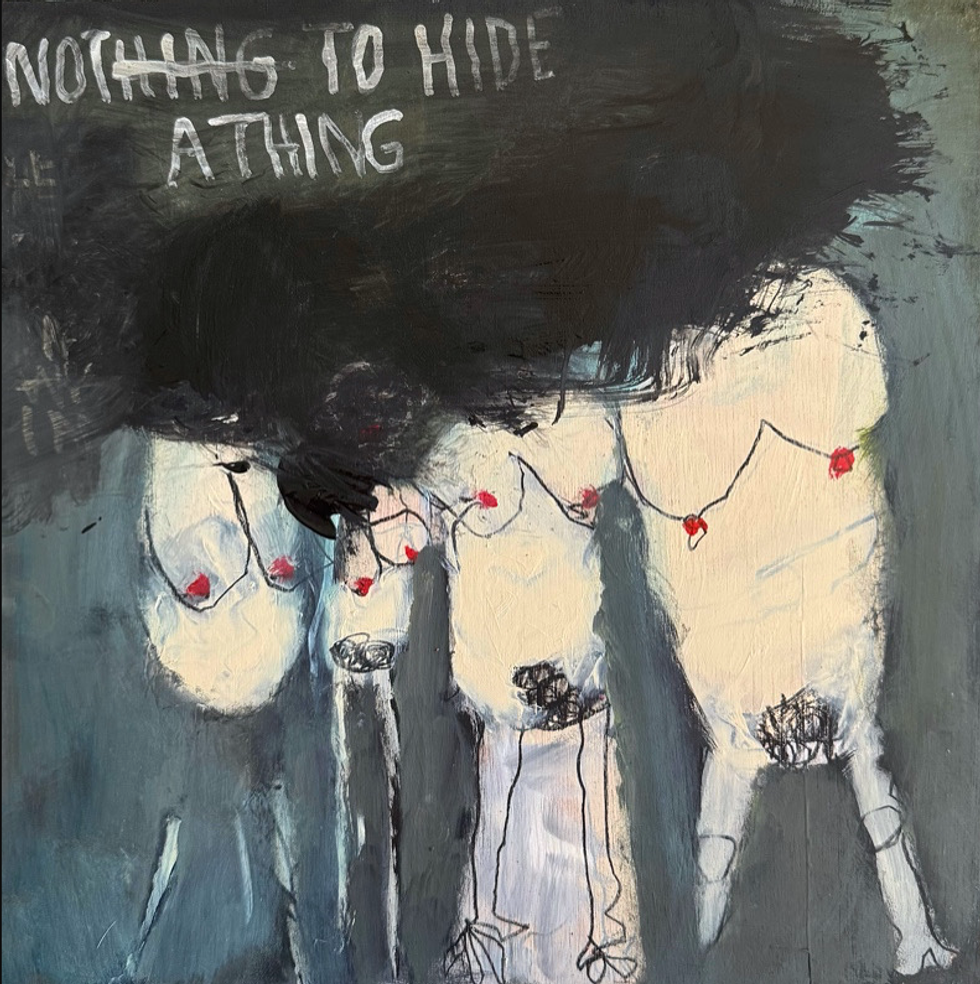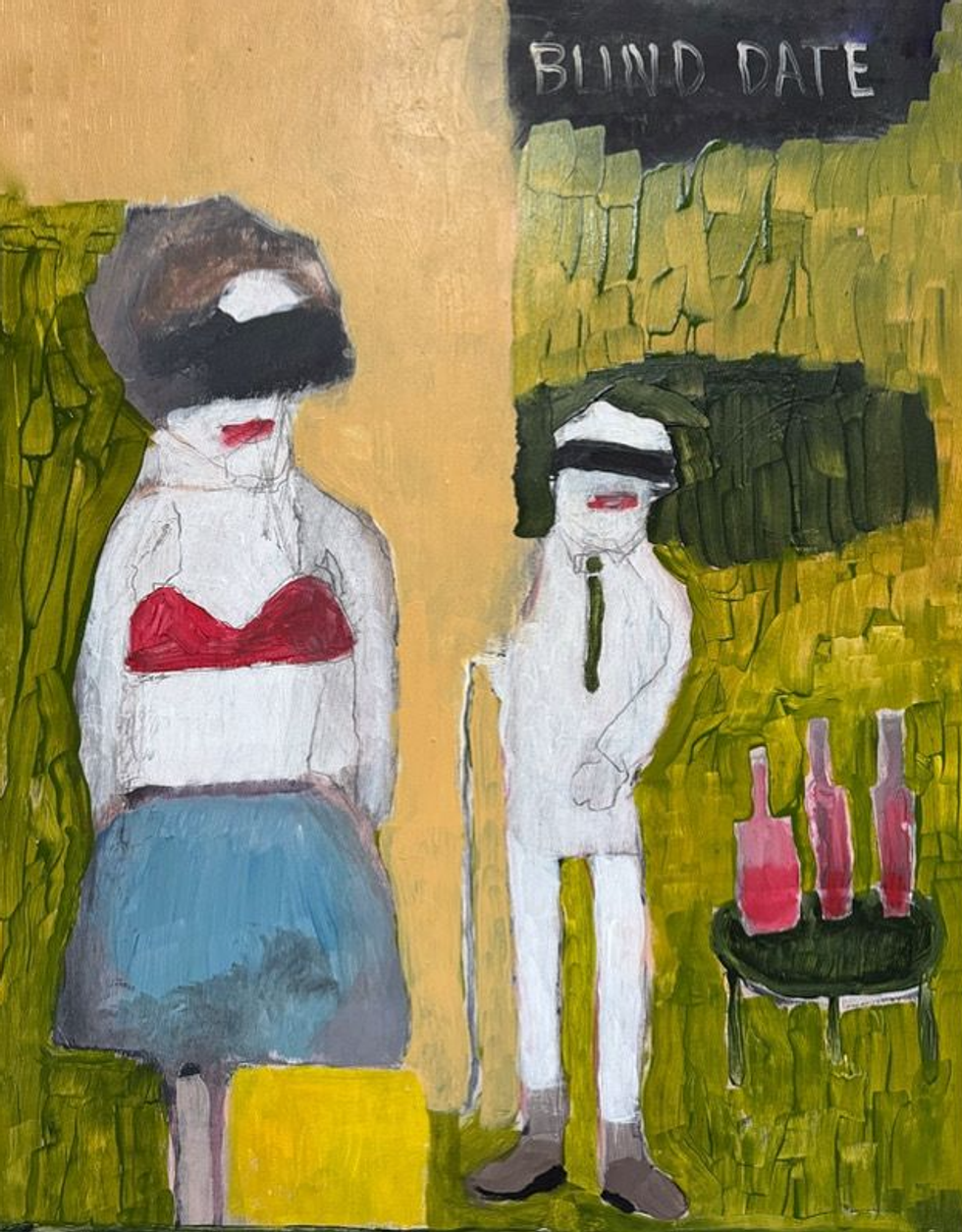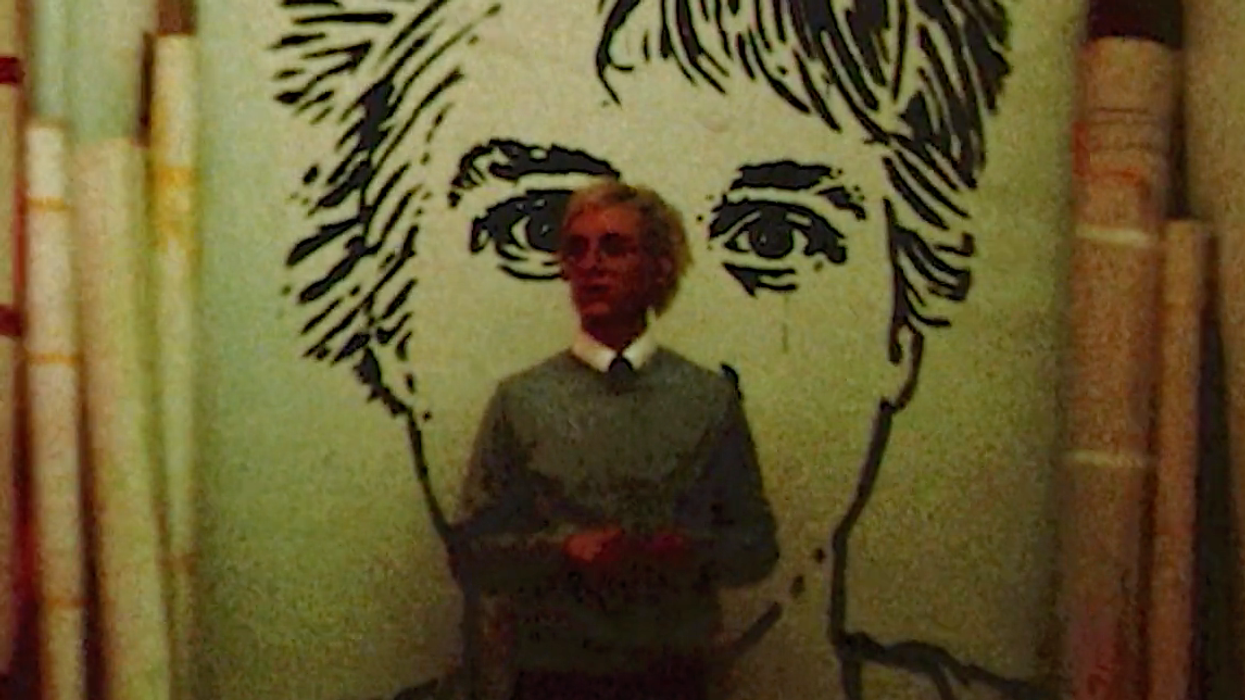She was drinking beef organs for the “immunohealth properties.” I was drinking spirulina and feeling like a failure. How was she glowing while I was burning out? Standing next to this influencer with my grass smoothie, I wondered if I needed to be more extreme. But I also felt a familiar exhaustion — the kind that comes from trying so hard to be well that you make yourself sick.
Turns out, I was experiencing something called “wellness burnout.” As wellness expert Stefanie Michele explains, it’s the “ironic sense of exhaustion” that comes from trying to do wellness “right.” But instead of feeling better, you feel more anxious, guilty and a little ashamed, constantly comparing yourself to others and always feeling like you’re not measuring up.
Except, the problem isn’t just individual. It's cultural, and that’s where things get messy. We exist in a world obsessed with optimizing everything from our microbiomes to our mental health, and sometimes, it can feel impossible to keep up. Despite following all "the rules," we still feel like shit at the end of the day.
Much of this stems from constant messaging about health and self-care, and the pressure to prioritize it over everything else. On social media, posts about detox teas and lymphatic drainage go viral. Influencers are paid to talk about NAD+ powders and trendy superfood blends. Your mutuals are always wearing collagen face masks and expensive yoga pants, talking about how these products changed their lives. Meanwhile, you’re sitting there on Instagram, feeling guilty about missing your workout when everyone else seems to be on top of their game.
“People feel like they have to be on all the time. They feel like they need to compete with the person next to them. To be as capable,” as Dr. Jeanne Retief of Figgy Beauty and Soul says. “It’s not okay anymore to just have a bad day.”
But the pressure doesn’t just come from within; it’s also fueled by the pressure we feel from outside forces like capitalism and influencer culture. As Michele explains, there’s a huge difference between “quiet, non-performative, simple” wellness and the flashy, brandable version of “Wellness™,” which revolves around sales and sponsorships. Designed to “prey on insecurity while pretending it’s offering healing,” this whole mechanism is part of a $7 trillion industry. And that’s proof that burnout isn’t a glitch in the system. It’s part of the design.
“You’re sold the idea that wellness is accessible and empowering,” as she says, “but only if you can afford it and look good doing it.” The resulting discrepancy creates a particularly intense kind of wellness burnout amongst people without the time or resources to even attend a yoga class.
Because, as life coach and performance psychology expert Stephanie High explains, “There’s a big gap between the population that can buy stuff from TikTok and Instagram, and the rest of the population that’s just trying to survive.”
“We’ve created a societal pressure,” she says. “Even if you don’t have the means, you still feel like you have to have the means to stay up to date on the trends, just to have a conversation with your friend or neighbor.”
So in an environment where wellness is marketed as something expensive and time-consuming, what does real wellness look like? According to experts, it’s not necessarily about certain products or practices we’re always told we need. As Dr. Angela Downey of The Codependent Doctor podcast says, “People sell wellness as going to the spa, going to yoga classes, wearing this clothing, reading books, when it’s really about what you need to be healthy.”
“And sometimes, that’s just taking time for yourself,” Dr. Downey adds, noting that we’re being “sold this idea of what wellness and self-care is, when self-care means a lot of things that will make your life better in the long run.”
This could look like setting boundaries, emotional regulation and focusing on general feelings of happiness and joy. Or maybe, it’s just taking comfort in “the smaller wins,” as High says.
“It’s tapping into that and asking, ‘Is this making me feel good? Is this making me feel better?,’” she says. “And I think people are finally starting to listen to themselves, instead of listening to everyone else.”
In a culture where health is another product to buy, and self-care feels like a never-ending race to do everything “right,” it’s easy to feel like you’re falling behind. But as all the experts say, real wellness doesn’t have to look like the perfect morning routine you see on Instagram. It doesn’t demand everyone else’s attention, but it does require our full honesty. So maybe it’s time to give yourself a break. And while you’re at it, spare yourself the guilt and the beef organ smoothie.


![[10/10] La Chimera: A Dreamlike Descent Into Grief, Memory and Myth](https://vextmagazine.com/media-library/image.png?id=61454821&width=1245&height=700&quality=90&coordinates=0%2C0%2C1%2C0)
